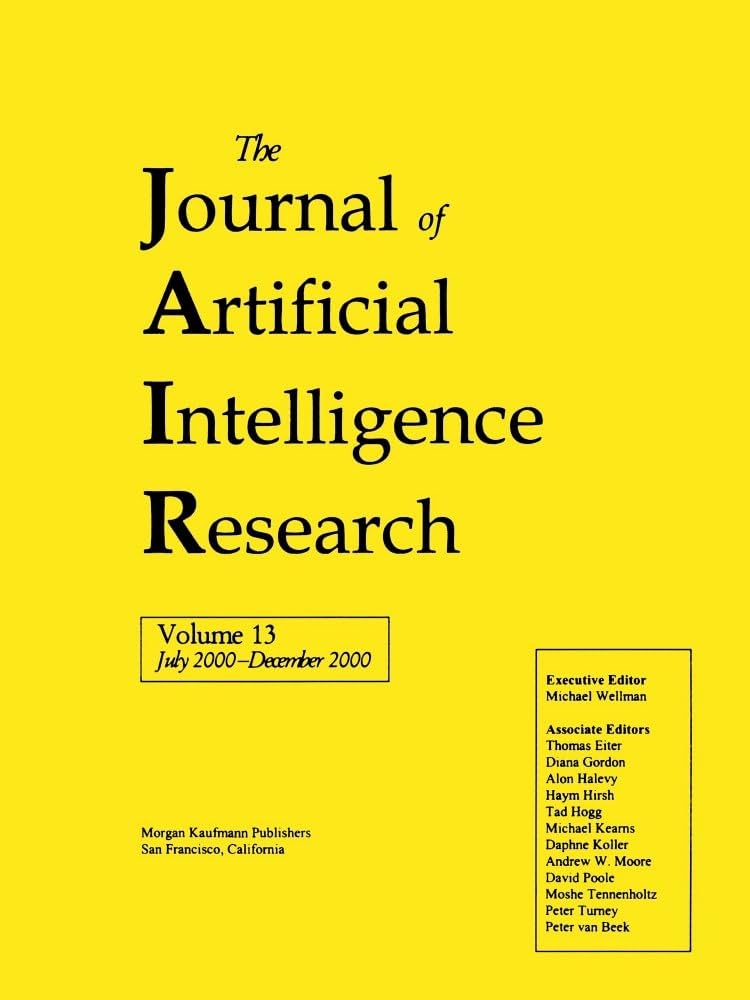AAN+: Generalized Average Attention Network for Accelerating Neural Transformer
IF 4.5
3区 计算机科学
Q2 COMPUTER SCIENCE, ARTIFICIAL INTELLIGENCE
引用次数: 0
Abstract
Transformer benefits from the high parallelization of attention networks in fast training, but it still suffers from slow decoding partially due to the linear dependency O(m) of the decoder self-attention on previous target words at inference. In this paper, we propose a generalized average attention network (AAN+) aiming at speeding up decoding by reducing the dependency from O(m) to O(1). We find that the learned self-attention weights in the decoder follow some patterns which can be approximated via a dynamic structure. Based on this insight, we develop AAN+, extending our previously proposed average attention (Zhang et al., 2018a, AAN) to support more general position- and content-based attention patterns. AAN+ only requires to maintain a small constant number of hidden states during decoding, ensuring its O(1) dependency. We apply AAN+ as a drop-in replacement of the decoder selfattention and conduct experiments on machine translation (with diverse language pairs), table-to-text generation and document summarization. With masking tricks and dynamic programming, AAN+ enables Transformer to decode sentences around 20% faster without largely compromising in the training speed and the generation performance. Our results further reveal the importance of the localness (neighboring words) in AAN+ and its capability in modeling long-range dependency.加速神经变压器的广义平均注意网络
Transformer在快速训练中受益于注意网络的高度并行化,但由于解码器在推理时对先前目标词的自注意的线性依赖O(m),它仍然存在解码缓慢的问题。本文提出了一种广义平均注意网络(AAN+),旨在通过将依赖关系从0 (m)降低到O(1)来加快解码速度。我们发现解码器中习得的自注意权值遵循一些模式,这些模式可以通过动态结构来近似。基于这一见解,我们开发了AAN+,扩展了我们之前提出的平均注意力(Zhang等人,2018a, AAN),以支持更一般的基于位置和内容的注意力模式。AAN+在解码过程中只需要保持少量的常量隐藏状态,保证了其O(1)依赖性。我们将AAN+作为解码器自关注的临时替代,并在机器翻译(不同语言对)、表到文本生成和文档摘要上进行了实验。通过掩蔽技巧和动态规划,AAN+使Transformer能够在不影响训练速度和生成性能的情况下将句子解码速度提高20%左右。我们的研究结果进一步揭示了局部性(邻近词)在AAN+中的重要性及其在建模远程依赖方面的能力。
本文章由计算机程序翻译,如有差异,请以英文原文为准。
求助全文
约1分钟内获得全文
求助全文
来源期刊

Journal of Artificial Intelligence Research
工程技术-计算机:人工智能
CiteScore
9.60
自引率
4.00%
发文量
98
审稿时长
4 months
期刊介绍:
JAIR(ISSN 1076 - 9757) covers all areas of artificial intelligence (AI), publishing refereed research articles, survey articles, and technical notes. Established in 1993 as one of the first electronic scientific journals, JAIR is indexed by INSPEC, Science Citation Index, and MathSciNet. JAIR reviews papers within approximately three months of submission and publishes accepted articles on the internet immediately upon receiving the final versions. JAIR articles are published for free distribution on the internet by the AI Access Foundation, and for purchase in bound volumes by AAAI Press.
 求助内容:
求助内容: 应助结果提醒方式:
应助结果提醒方式:


